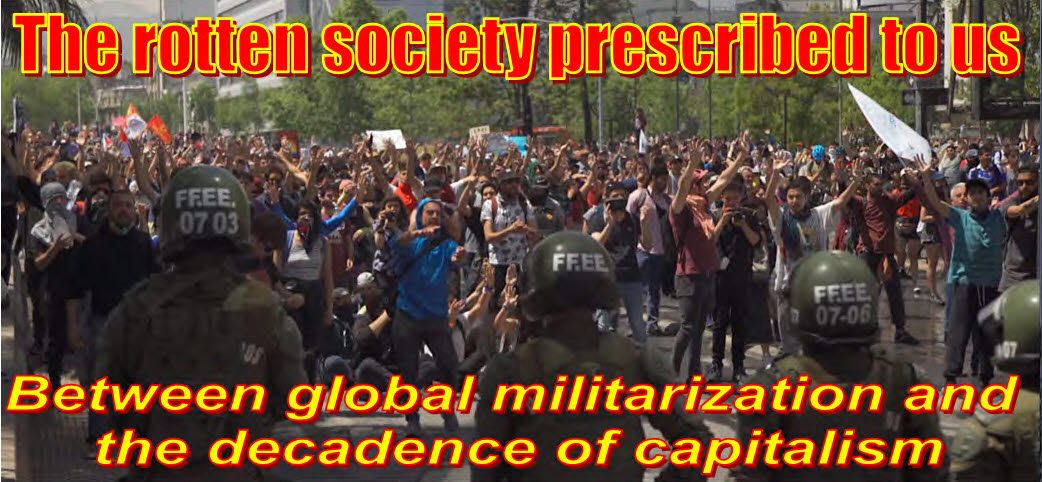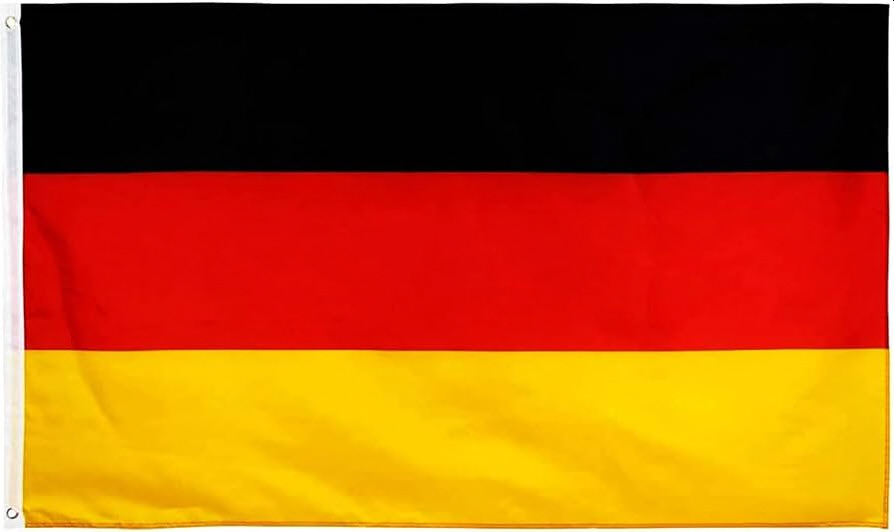








 | 







|
The world is undergoing a profound geopolitical transformation, marked by a realignment of traditional alliances and the resurgence of old tensions. In this context, U.S. President Donald Trump represents a turning point in American foreign policy. His rapprochement with Russia and growing disinterest in Ukraine’s fate not only challenge decades of Western diplomacy but also reshape the international chessboard. Europe, taken aback by this stance, has reacted swiftly: rearmament, increased military spending, and rhetoric that evokes a new era of global confrontation.
This shift did not emerge out of nowhere. Since the fall of the Berlin Wall in 1989, the world has been in an uncertain transition. The collapse of the Eastern bloc left the Western bloc without its ideological enemy, Russia, raising uncomfortable questions about the purpose of institutions like NATO. Far from fostering a more stable world, the United States has sought new enemies to justify its hegemony, focusing on containing China and engaging in military interventions across various regions, from the Middle East to Eastern Europe.
However, the war in Ukraine has exposed the cracks in this system. Rather than consolidating its power, the United States has shown a remarkable inability to lead a diplomatic resolution to the conflict. Trump, in particular, has shattered what little remained of international trust in the American word. With a foreign policy that is erratic and centered on immediate interests, he has broken the tradition of lasting alliances that had defined Washington since World War II. Yet his vision is neither accidental nor mistaken: it is the bare expression of contemporary imperialism, which prioritizes economic and military domination regardless of human or political cost.
Meanwhile, the consequences fall brutally on the working class. Militarization is advancing rapidly: more defense spending, more war propaganda, more normalization of war as an inevitable horizon. In the name of security, workers are expected to accept cutbacks, inflation, and precarious conditions. Capitalism proves unable to offer any real solution to the conflicts it itself creates. On the contrary, each crisis becomes a new excuse to reinforce its predatory and authoritarian nature.
In the face of this drift, it is urgent to build a response from below. Organization, internationalist solidarity, and resistance to militarism must be the tools of the people to push back against the “every man for himself” logic imposed by the system. History has shown that when workers unite across borders, they can halt even the most powerful empires. Criticism of capitalism cannot remain at the level of denunciation; it must become collective action, a concrete alternative, a horizon of change.
The society being prescribed to us is rotten not by accident, but by design. The solution will not come from those who cultivated this rot, but from those who suffer its consequences. It is time to reimagine a world without war or exploitation. And for that, more than indignation is needed: we need organization, struggle, and hope.